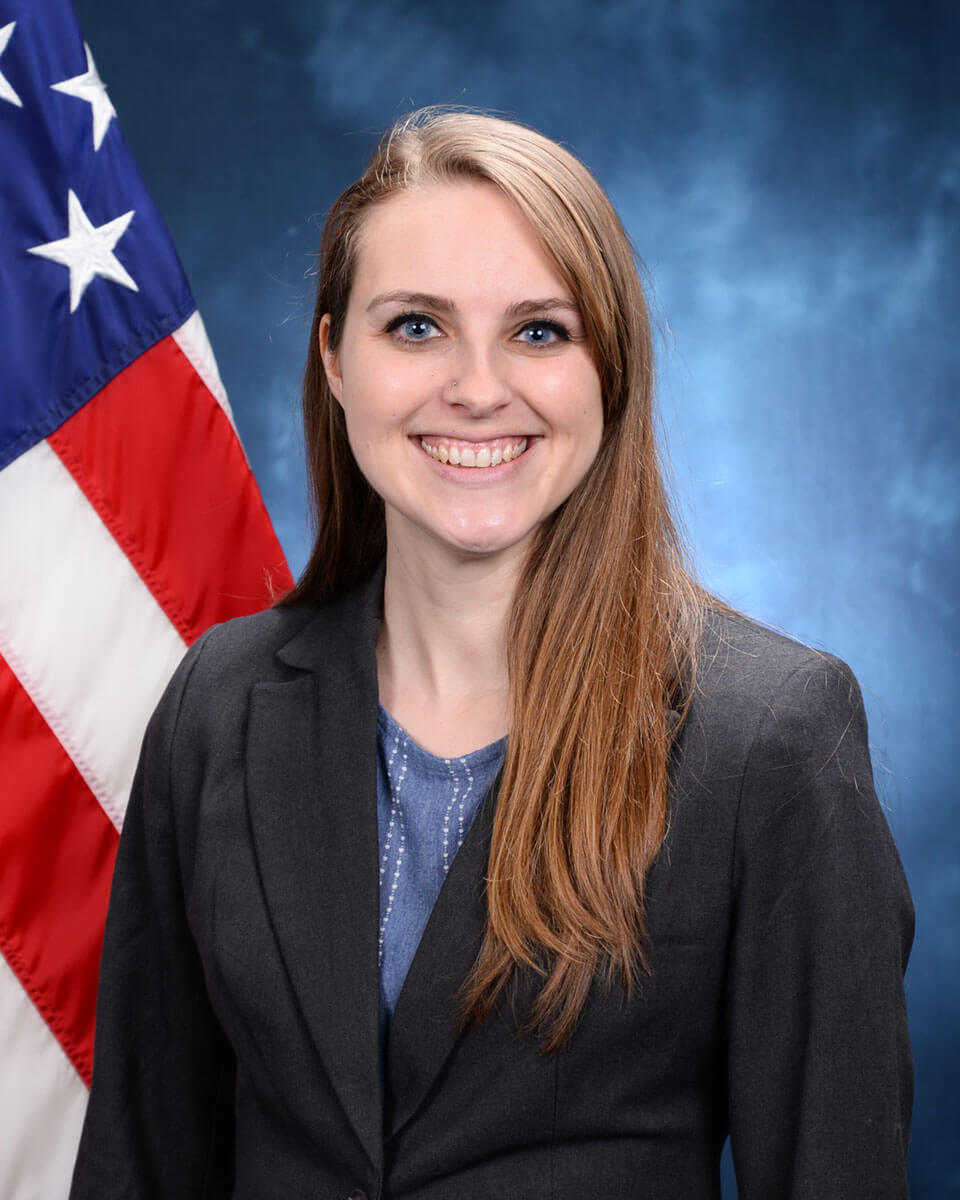Bio
Sarah R. Bostrom, Ph.D. is a Research Scientist in the Warfighter Effectiveness Research Center (WERC) at the United States Air Force Academy. She earned her Ph.D. in Criminal Justice from Sam Houston State University in 2021. Her dissertation included original data collection and examined the impact of differential guardianship expectations on victimization on a college campus. Her current research focuses broadly on the contextual and social risks of victimization. More specifically, Dr. Bostrom is particularly interested in susceptibility to deceptive communication and improving cognitive security. In her work on cognitive security, she has collaborated with an interdisciplinary team to more clearly define the phenomenon of deceptive communication and develop a techno-social framework that holistically maps the communicative process of distribution and reception. Much of her cognitive security work is currently under review with preprints available at CrimRxiv. Some of her recent work appears in Crime & Delinquency, Social Science, and more.
Education
Ph.D. Criminal Justice, Sam Houston State University (2017-2021)
M.A. Criminal Justice, Bridgewater State University (2015-2017)
B.A. Sociology and English, Bridgewater State University (2011-2015)
Professional Experience
Research Scientist, United States Air Force Academy, Department of Faculty Behavioral Sciences and Leadership, Warfighter Effectiveness Research Center (2023-present)
Tenure-Track Assistant Professor- Criminal Justice, Avila University, School of Social Sciences (2021-2023)
Honors & Awards
Faculty Scholarship Support Grant, Avila University (2023). Funded by Avila University to attend the ACJS 60th Annual Meeting in March 2023
Faculty NetVue Grant (2022). Funded by Avila University to revise core course syllabus to explicitly reflect university mission and values June 2022
Faculty Scholarship Support Grant (2021). Funded by Avila University to attend the ACJS 59th Annual Meeting in March 2022
Research and Scholarly Interests
Studies the overarching contextual and social risks of victimization with an emphasis on methodology and measurement. Specific research interests include cognitive security, communities and crime/ victimization, rural spaces, and environmental criminology.
Publications
Bostrom, S. R., LeValley, G. L., Cooley, K., & Niemeyer, R. E. (2025). Open Science is Coming to Theory Construction: A Case Study using Document Analysis. The Qualitative Report, 0(0).
Proctor, K. R., Bostrom, S. R., Ducate, C. S. & Niemeyer, R. E. (2025). Flexibility in Variable Operationalization in Social Disorganization Theory: A Research Note. Criminology, 0(0).
Bostrom, S. R., Kramer, K. L., & Randa, R. (2024). Identifying Risky Places on Campus: The Impact of LSC and Fear of Crime. Crime & Delinquency, 0(0), https://doi.org/10.1177/00111287241268334
Bostrom, S. R., Niemeyer, R. E., Proctor, K. R., Crum, J., Howard, M. Y., Mascher, A. R., Tossell, C. C., & Hirshfield, L. M. (2024). Formal Minimal and Maximal Definitions for Characterizing Mis, Dis, and Malinformation. Preprint. CrimRxiv. https://doi.org/10.21428/cb6ab371.9772d72d
Ducate, C. S., Bostrom, S. R., Proctor, K. R., & Niemeyer, R. E. (2024). The Theory crisis in criminology: Causes, consequences, and solutions. Preprint. CrimRxiv. https://doi.org/10.21428/cb6ab371.7c56d280
Bostrom, S. R., Randa, R., & Brown, W. (2023). Acquisitive crime Trends: Unpacking the unemployment-crime relationship in a rural context. International Journal of Rural Criminology, 8(1), 25-41. http://doi.org/10.18061/ijrc.v8i1.8943
Randa, R., Bostrom, S. R.¸ Brown, W. Reyns, B. W., & Fleming, J. C. (2023). Violence against Women and Reporting Behaviors. Social Sciences, 12(9), 471-488. http://doi.org/10.390/socsci12090471
Bostrom, S. R. & Tasca, M. (2018). Re-entry Experiences of Women. In Oxford Research Encyclopedia of Criminology and Criminal Justice. Oxford University Press. http://doi.org10.1093/acrefore/9780190264079.013.483
